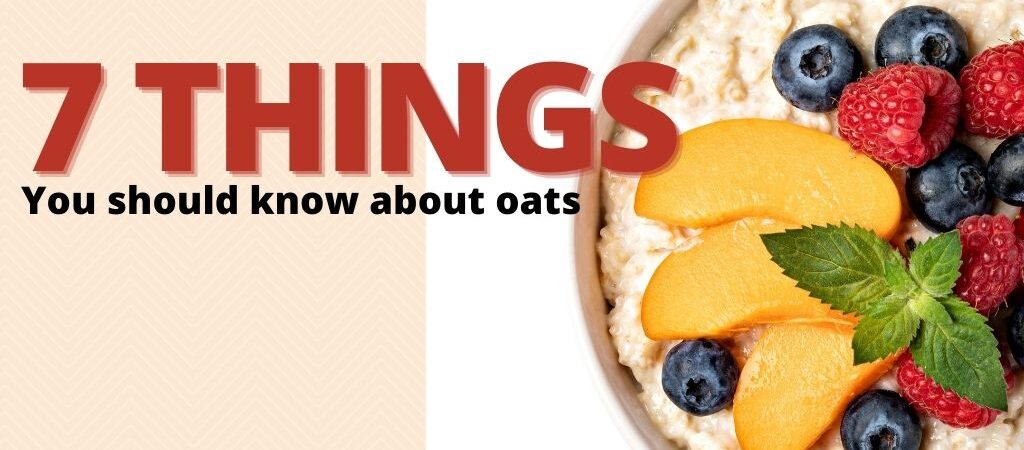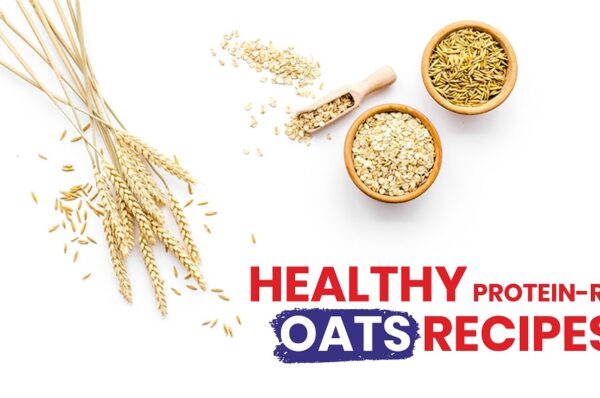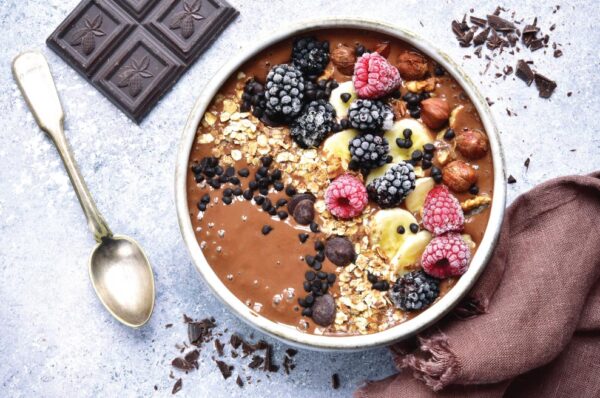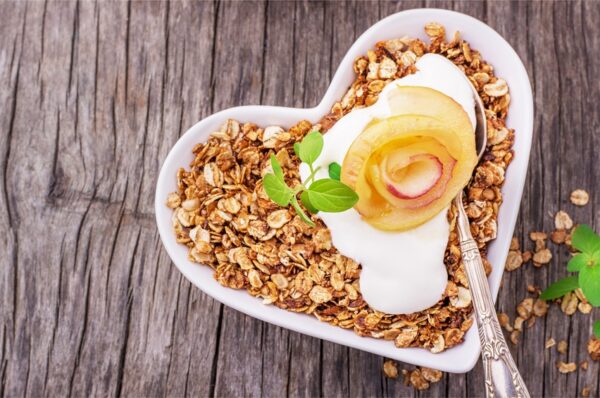Did you know that 100 grams of oats can contain as much protein as 2 whole eggs? Or the fact that oats have a unique fibre called Beta Glucan that helps reduce bad cholesterol in your body?
Impressive nutritional content, unrivaled versatility, and its unique texture combined make oats a super-cereal. Fitness and health enthusiasts swear by its energy-boosting abilities, bakers use it as a healthier substitute for guilt-free desserts, some even incorporate oats as part of their skincare routine. The humble grain has far more uses than you can imagine. While it’s usually associated with just a regular ol’ bowl of porridge, this age-old cereal has some interesting back-stories. If you’re a fan of oats (or not) here are seven things you should know about the oats.
Seven Things You Should Know About the Oats
1. All different types of oats have almost the same nutritional content
One of the most common misconceptions about the oat is that people think that the nutritional content really varies based on the oat variant. This is actually a big fallacy with no proper evidence. In reality, these different types of oats only vary in texture based on how the oat grain is processed. However, this process does not change the nutritional content of the grain by any means.
2. An all-rounder for a healthy balanced diet
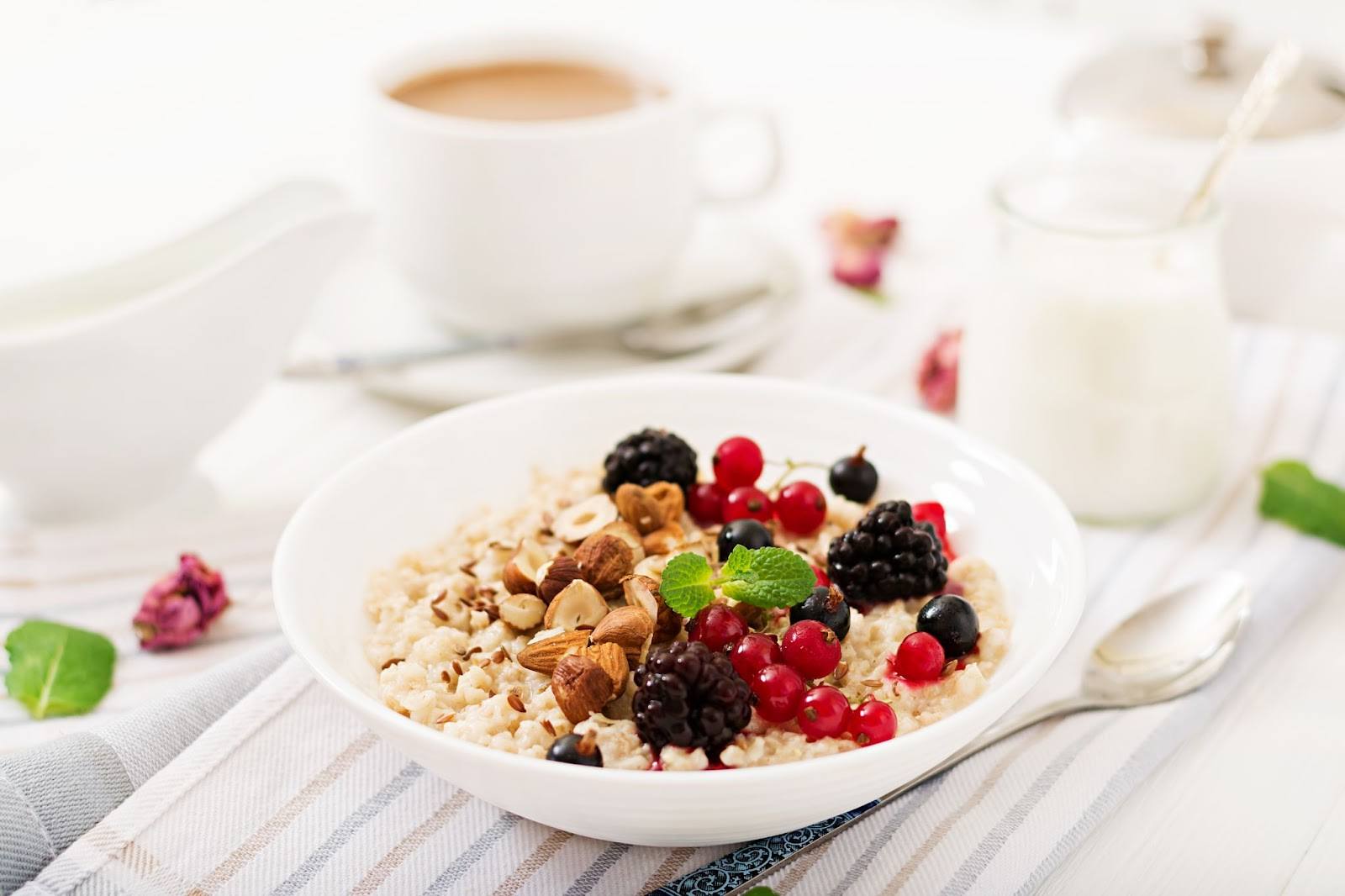
Yes! Oats contain all the nutrients for a healthy balanced meal and if you haven’t already made oats a go-to breakfast meal here’s your sign to do so. A half-cup of oats contain the following nutrients:
- Calories – 153
- Carbohydrates – 27 g
- Protein – 5.3 g
- Fiber – 4.1 g
- Fat – 2.6 g
- Sugar – 0.4 g
In addition to these nutrients, oat come with a variety of other vitamins and minerals like:
- Thiamine (Vitamin B1)
- Riboflavin (Vitamin B2)
- Niacin (Vitamin B3)
- Vitamin B6
- Folate (Vitamin B9)
- Manganese
- Copper
- Phosphorous
- Molybdenum
- Biotin
3. A grain with a long history
Research has proved that oats were cultivated around 9000 years ago along with other grains like barley, rye, flaxseeds, and wheat in Syria. This was during the Neolithic period which was the final stone age period that lasted from 10,000 – 4,500 B.C. This means that oats were one of the oldest grains ever to be grown by mankind. The relation between oats and the Chinese dates to as long as 7000 B.C as well
4. Healthy substitute for breadcrumbs
Rolled oats and instant oats work the best to create the outer covering for food like cutlets, acting as a substitute for breadcrumbs. These two types bind the food very well but also leave the food with a tender texture that is not tough to bite into. So, if you don’t have breadcrumbs in your pantry or are looking for a more healthy alternative, that can come to your rescue.
5. Not just a cereal
Yes, you heard us right! Oats are not just a regular bowl of cereal. The grain is also used as fodder to feed farm animals. The fiber content of oats makes them the perfect food for poultry, cattle, horses, and young animals, unrivaled compared to other feeds. Not to mention its presence of crude protein which further marks it as a valuable choice for fodder.
6. There’s no gluten in it
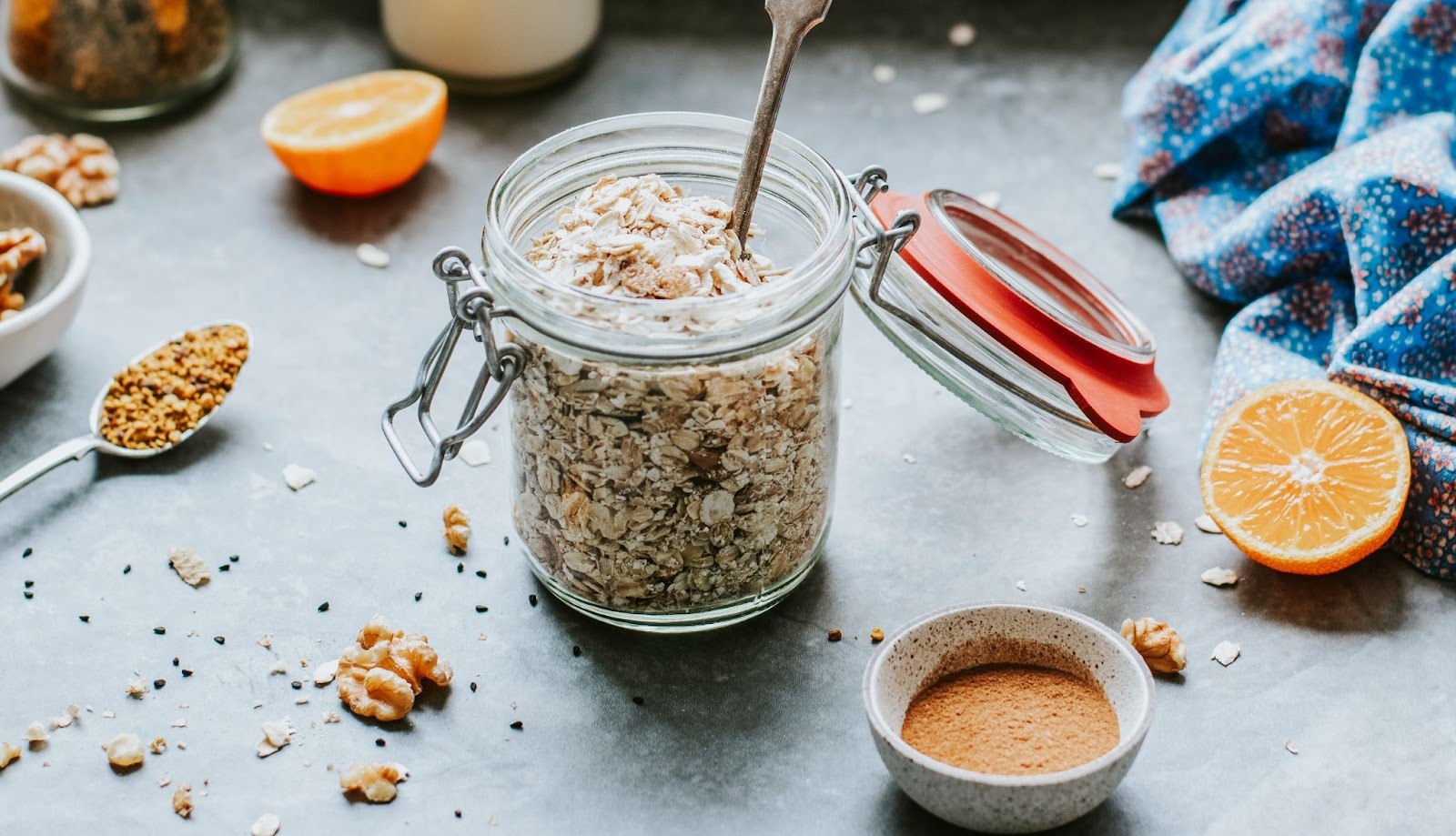
A very common misconception about gluten is that people think it affects all people in general. But in fact, only people with gluten intolerance would face any adverse effects. Gluten is just a protein found in a majority of grain types. However, unlike most other grains, oats are naturally gluten-free. So oatmeal fit for anyone; a person with gluten allergies or not. Do check for the “Gluten-Free” certification on your pack of oats.
7. Environmentally friendly
Superfoods are more than just healthy nutrients. People want them to be inexpensive, versatile and tasty, easy to prepare, won’t go bad easily or waste food- all while being environmentally responsible and productive in the agricultural system as well! Ticking these boxes is a big plus point for any food item these days since the increase in population and demand for more goods are raising concerns about sustainability.
For instance, many food items are often imported, which causes an economic and environmental burden. This transportation method apparently contributes a significant amount to greenhouse gas production- as much as 11% of all pollution coming from the food system!
Oats are a more sustainable and environmentally friendly option compared to other types of grains. They can be grown locally, require fewer resources to produce, help the soil stay in place rather than eroding away like some of their counterparts do.
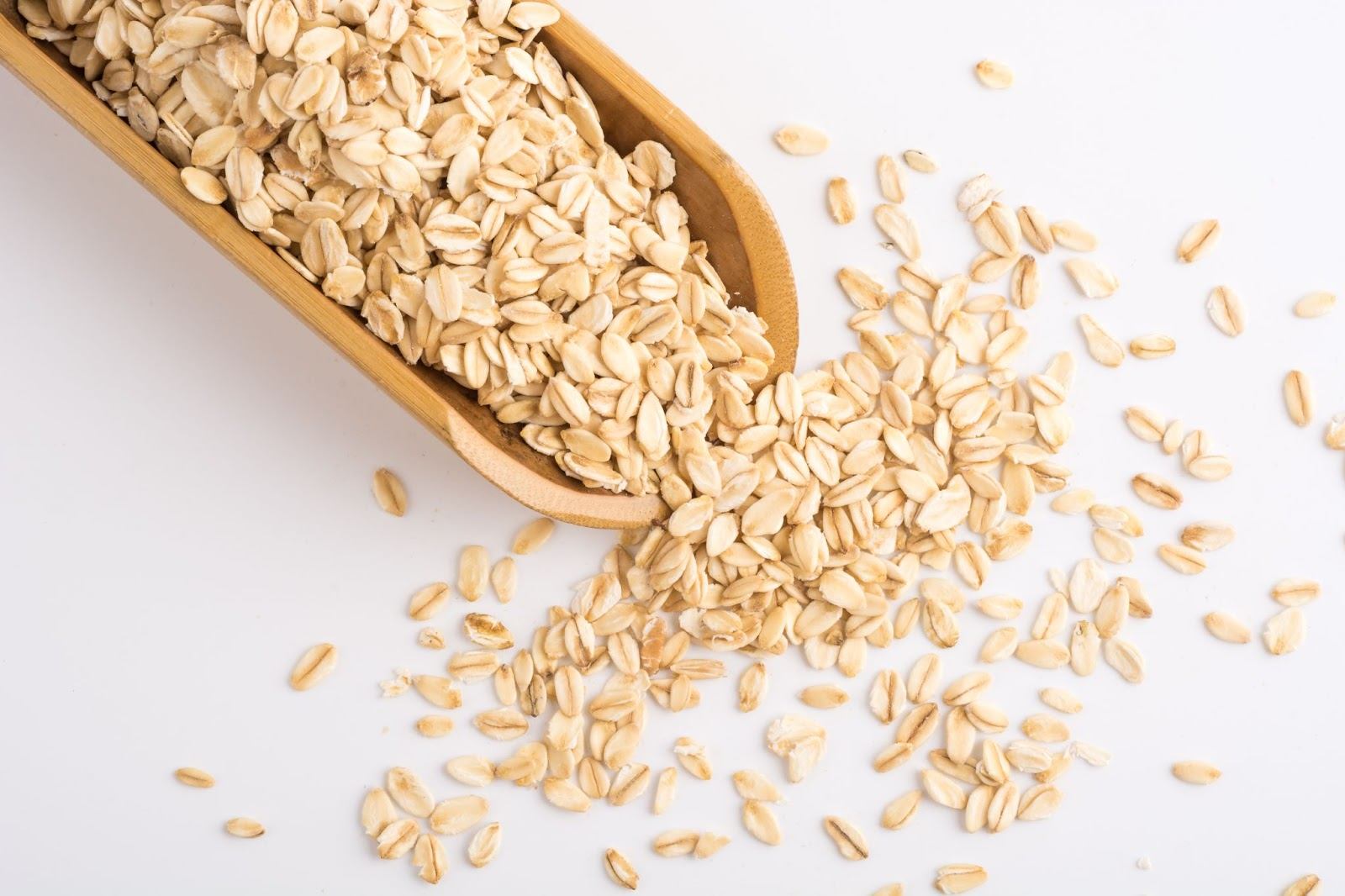
Knowing its potential, we always try to show you that oats can be so much more than a regular bowl of cereal. So we hope that this blog has given you a new perspective on the versatile grain.

